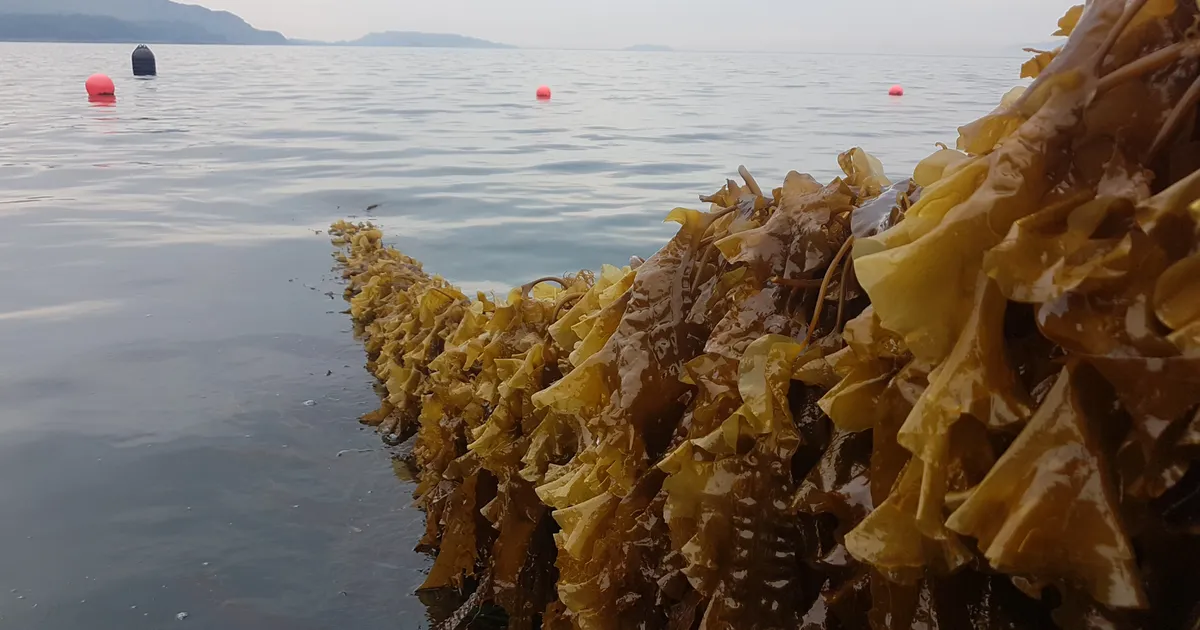



Article by: Hari Yellina
Those behind a plan to develop Australia’s first professional ocean seaweed farm off the coast of NSW believe it will generate a “whole new industry” and meet a growing demand for the product. Auskelp has proposed a 200-hectare licence in Disaster Bay, south of Eden, for the production of kelp for food, livestock feed, and the pharmaceutical industry. Kelp is a big brown algal seaweed that grows naturally in cooler coastal waters. It can be prepared like other plants or used in supplementation because it is high in protein. Golden kelp (Ecklonia radiata) and Durvillaea, sometimes known as southern bull kelp, are the two primary species found in southern NSW.
The breakthrough, according to Auskelp CEO Christopher Ride, will tap into a strong market for both human food and agriculture. “It has never been done before in New South Wales waters. In fact, it has never been attempted in an Australian ocean farming scenario “Mr. Ride explained. “It’s a brand-new industry. “He claimed that the $8 million initiative would result in the creation of up to 60 positions in the Bega Valley Shire. The Department of Primary Industries has granted the company an aquaculture permits for the ocean lease, but the project is subject to approval by the Department of Planning and Environment as a State Significant Development.
“Going through the regulatory process has a tremendous level of risk, and it takes several years to truly figure out whether something is viable at scale.” Over the last two decades, it is predicted that global seaweed populations have decreased by 40%. A 200-hectare seaweed array, according to the company, could sequester 3,600 tonnes of carbon per year. Mr Ride explained, “It has a lot of remarkable benefits, and the beauty of kelp is that it is the most environmentally friendly kind of aquaculture and agriculture.”
Seaweed is one of the world’s most sustainable crops, as it requires no fresh water or fertiliser and is utilised in pharmaceuticals, cosmetics, and food production. Industry partnerships are already generating more than $105 million in economic activity, and the government’s latest effort will only add to that. Seaweed also has a good impact on the environment, as it is a carbon-negative sector. Seaweed farming is a solution for reducing carbon emissions and thus combating climate change by absorbing carbon dioxide. It provides habitat for marine creatures by de-acidifying and denitrifying the water, and, as Minister Basham explains, “benefits carbon recycling and offsets the impact of greenhouse gases.”